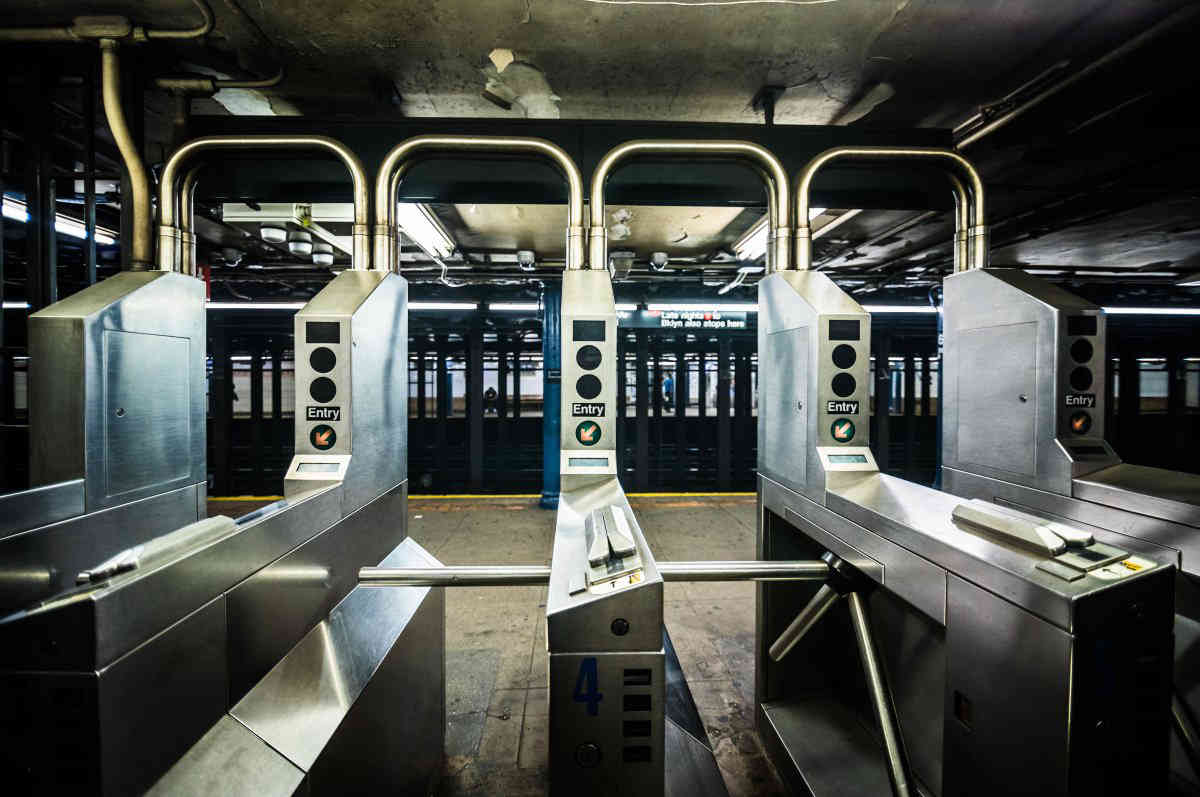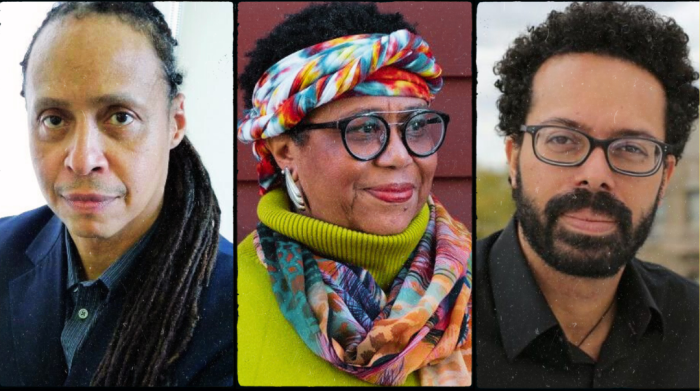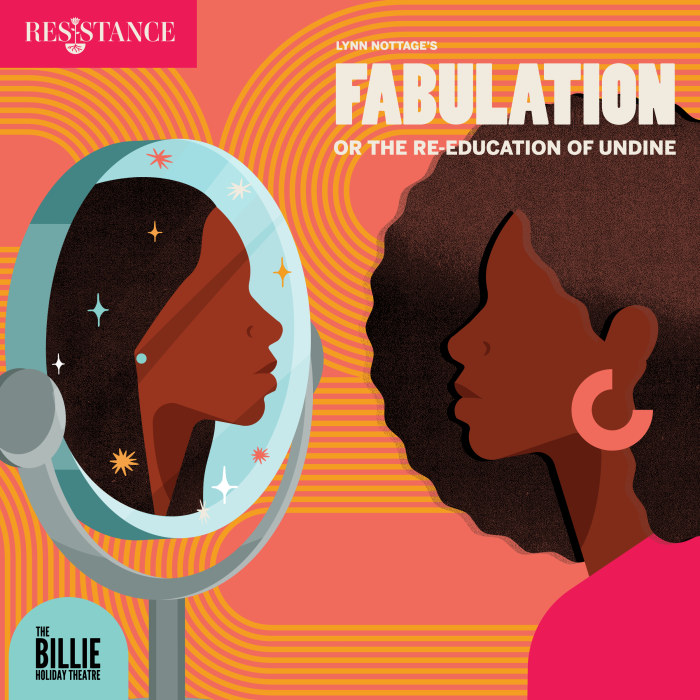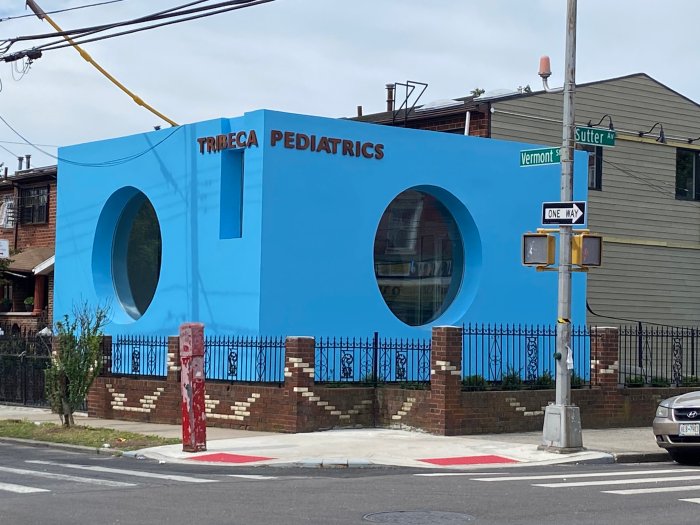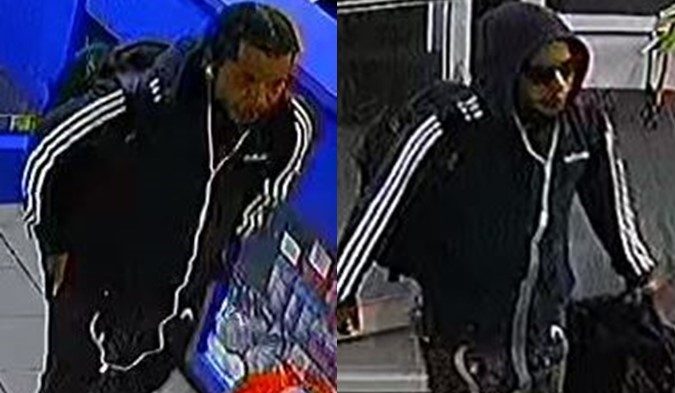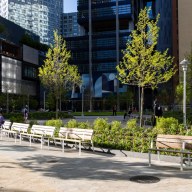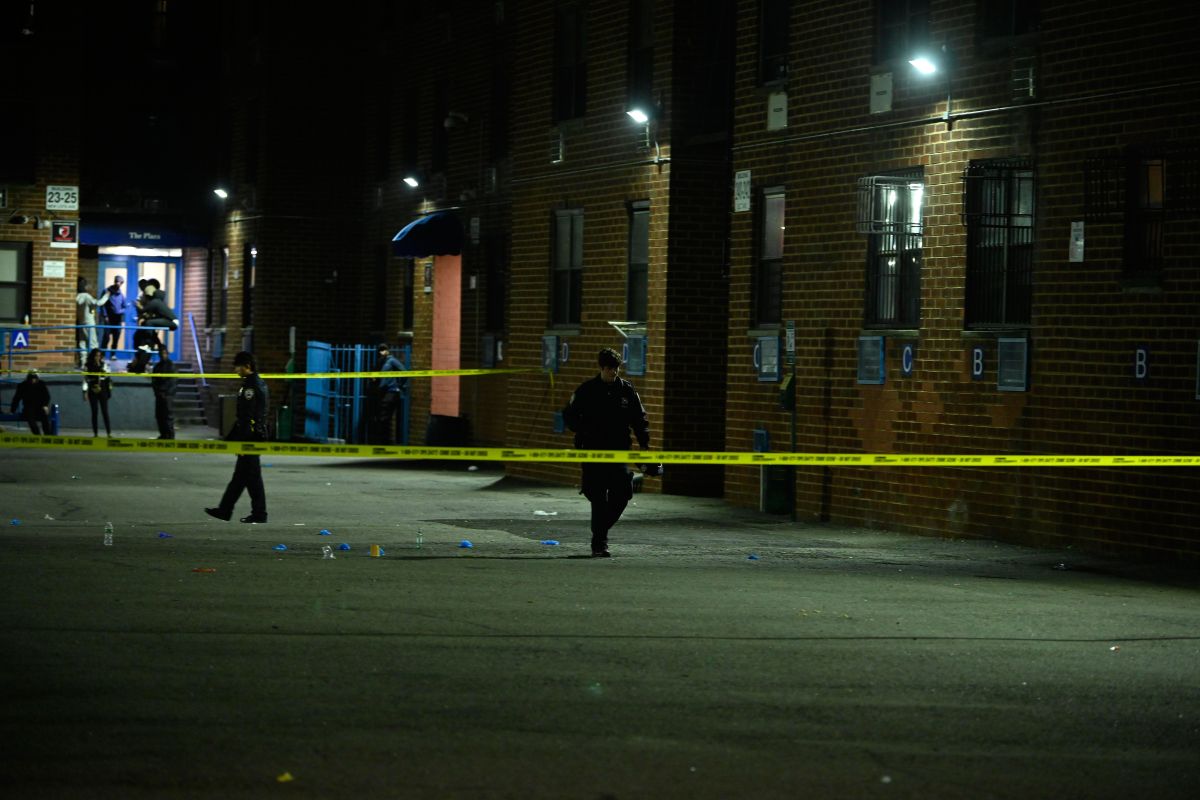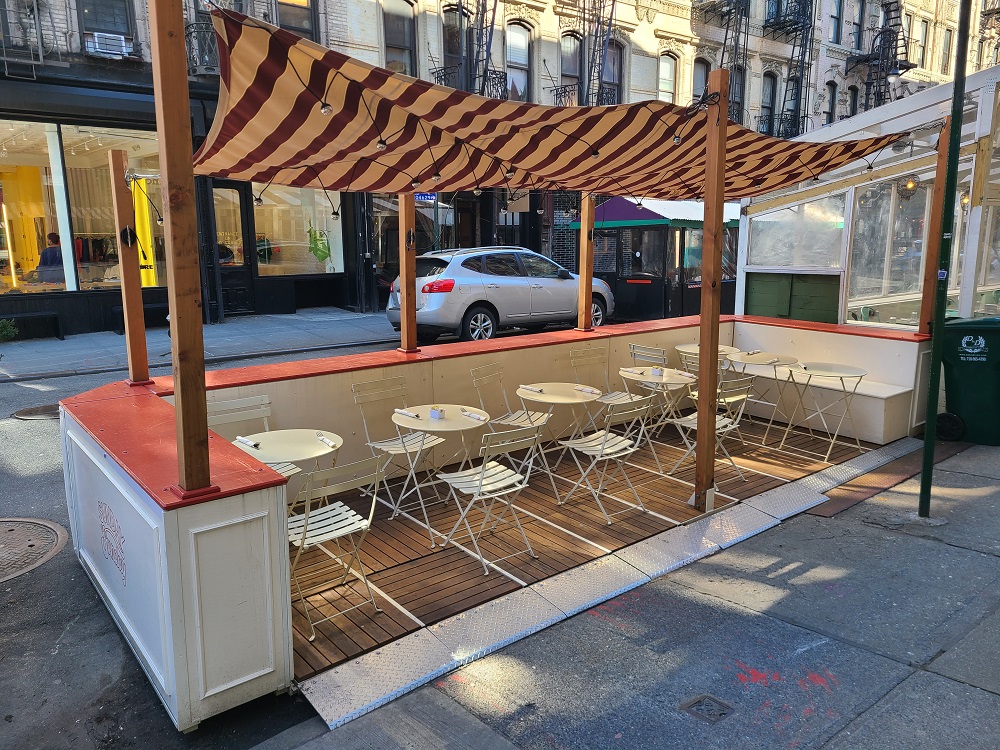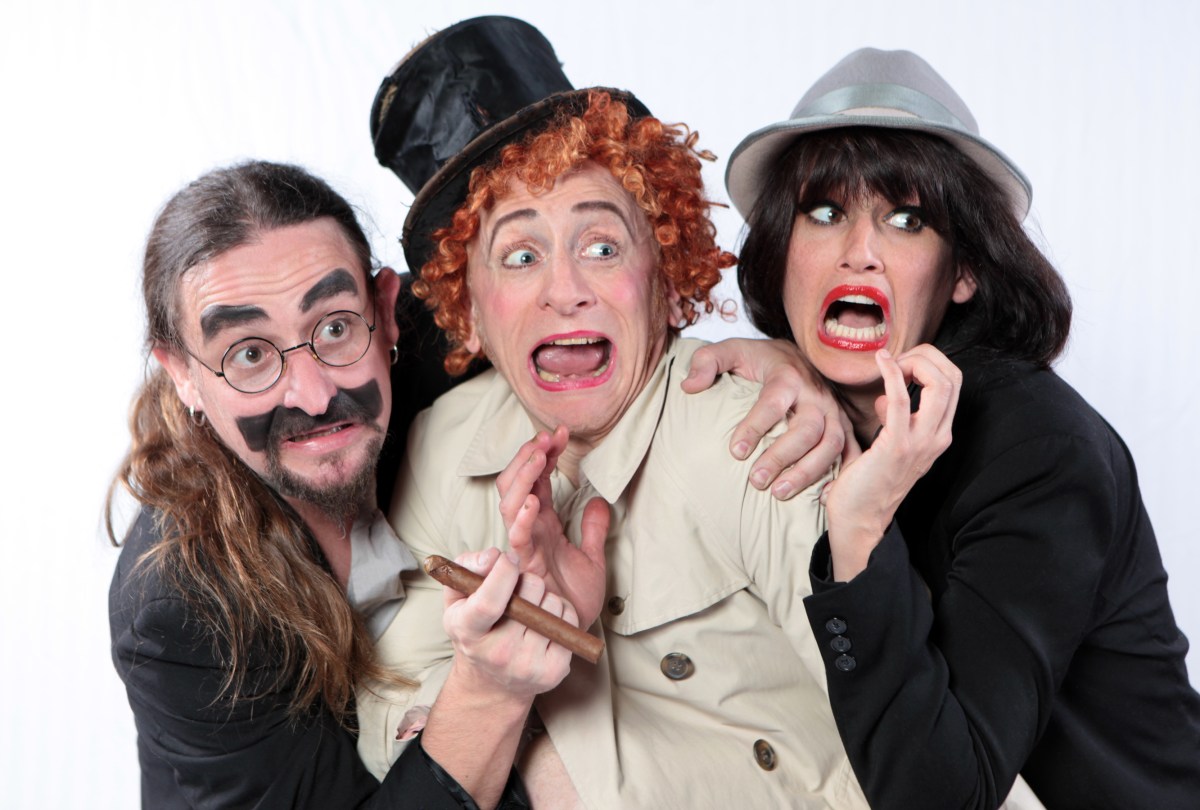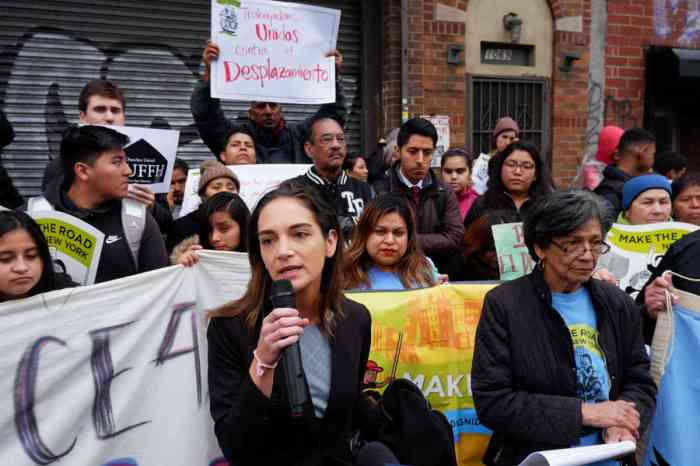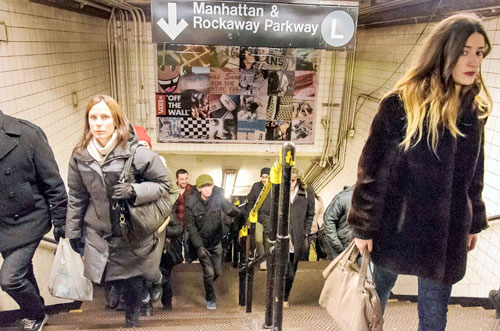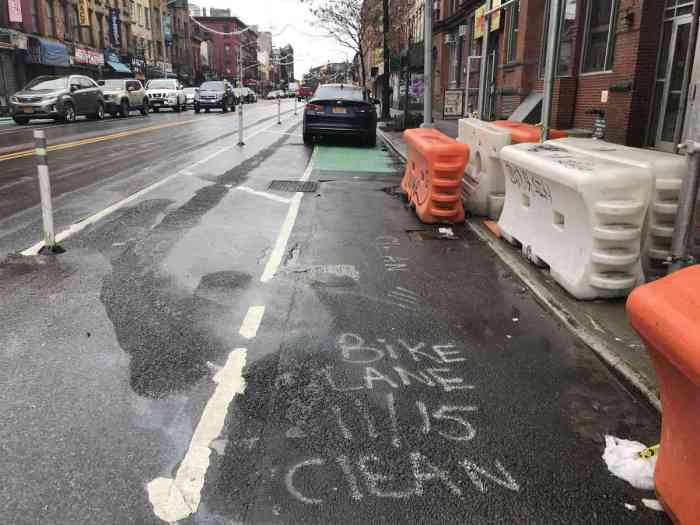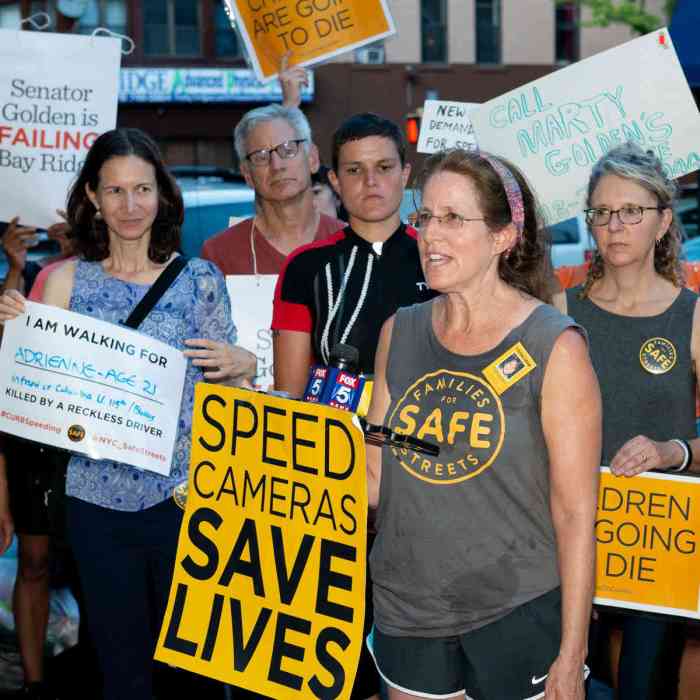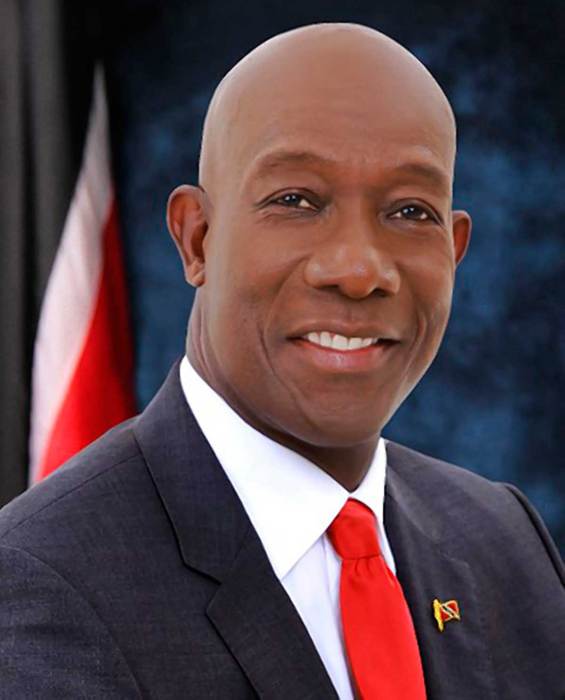The Metropolitan Transportation Authority has decided against raising subway and bus fares by 4 percent, ending months of speculation and debate sparked by the agency’s dwindling finances amid a sharp pandemic-related drop in ridership.
The leadership of the MTA postponed the decision on what critics have called a “regressive tax on low-income New Yorkers who depend on mass transit the most,” citing the healthy prospects of aid from the incoming Biden administration, and with New York City’s own Chuck Schumer becoming US Senate majority leader.
Agency Chairman Pat Foye claimed the agency could get up to $8 billion in pandemic relief after months of pleading from the Trump administration and Senator Mitch McConnell.
“The COVID-19 pandemic has wreaked economic havoc — devastating the MTA‘s ridership and revenues and bringing them to levels far worse than the Great Depression. It has also hit people of color and low-income communities hardest, many of whom are the very same essential workers that have been on the frontlines of this crisis and who are also most dependent on mass transit,” Foye said. “Buoyed by President-elect Biden, incoming Senate Majority Leader Chuck Schumer and Speaker Nancy Pelosi, the MTA also has hope for $8 billion in additional pandemic relief and continued federal investment in mass transit in 2021 and beyond. For these reasons, the MTA has decided to postpone the planned fare increase for several months.”
Since announcing the possibility of a fare and toll increase due to financial fallout from COVID-19, the MTA held eight hearings on the matter, some of which took place before Biden’s victory over President Donald Trump in the November general election.
If the new-look leadership in Washington D.C. don’t come though, however, the MTA may be forced to return to the decision-making table, and could possibly raise fares in the future.
Transit organizations like Riders Alliance had long taken a firm stance against a fare hike, saying it would fall disproportionately on working-class people who have no other method of transportation.
“When riders organize, our governor listens. With offices closed and Broadway dark, a transit fare hike would fall overwhelmingly on essential workers and New Yorkers with no other way to get around beside the bus, subway, and paratransit,” said the organization’s head, Danny Pearlstein.
The transit advocate added his calls for Gov. Andrew Cuomo to add additional state resources into the subway and bus system.
“With the regressive MTA fare hike off the table, Governor Cuomo must now put a stop to state raids on transit-dedicated funds,” Pearlstein said. “While riders are breathing a sigh of relief, the governor must craft a bold, progressive solution to his transit agency’s money woes.”
While mass transit users can breathe a sigh of relief for now, motorists who commute over MTA bridges and tunnels could see a toll increase of up to 8 percent when the board comes to a decision on the matter.


